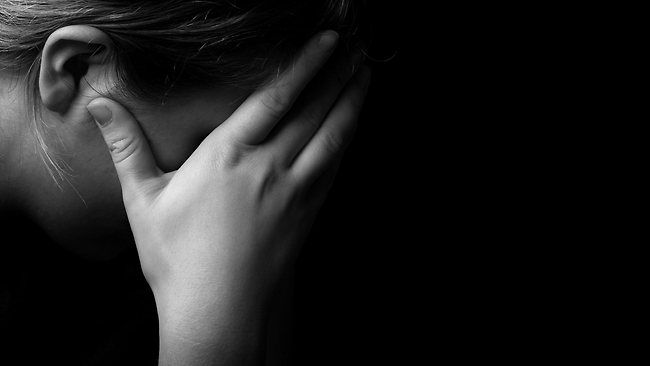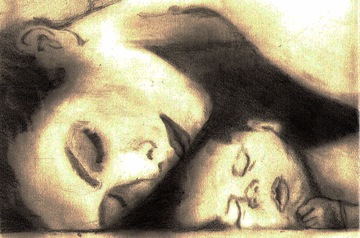The Dark Side Of Motherhood
There are a lot of times when stories are buried and issues are ignored. Below are the stories of three different women which could in turn give birth to the narrative our society need to know now.
“I remember still remember holding my baby in my arms when he was born. The smell of his head would calm my senses. His little feet and hands would intrigue and I couldn’t just believe that I had created this tiny, beautiful thing.
They say the birth of a child brings happiness in fact, it changes the whole definition of happiness from there on.
Parents who are expecting, paint a picture of baby’s laughter and stuffed animals combined with the smell of baby powder and soothing lullabies. However, life never matches up to the happy family pictures that magazines sell a million copies of. I could have never even imagine how my life would change after childbirth.
I couldn’t understand what was happening to me, I was getting dragged down further and further in the depths of despair. When I reached out to my husband and told him how our child’s laughter would make me anxious, how I’d get scared if someone would look at our child.
I would constantly fear for my child’s safety. My husband, like all husbands, blamed it on my possessiveness. Just two months after my delivery, I consulted a psychiatrist and was told about postpartum depression.”

Postpartum depression affects approximately 15% of all recent mothers. Mild to moderate cases are sometimes not recognized by women themselves. Many women feel ashamed if they are not coping well and may conceal their difficulties.
Another recent mother asked,“Do you know how it feels not getting any sleep for days?"
She continues, "Do you remember how irritable, depressed and manic you get? Now imagine having to deal with sleepless nights right after you’ve come back from the hospital. After my first child, I didn’t slept for six months straight!
My pregnancy took a toll on me and the saddest part of it was that, I was made to feel bad for being irritated or depressed. The society expects you to be cheerful with glowing skin, going to a picnic spot with a smile and pushing a pram.
No one talks about the difficult times;
When it gets hard managing a child and a house, sometimes to the point that you wish you could just kill yourself. Yes, it gets that crazy! It further develops into changing mood patterns and the constant bickering. I never want to go through those crazy months again”

We should recognise that postpartum depression is a serious problem that disrupts women's lives and can affect the family as a whole.
According to research, the levels of depression also increases significantly among fathers. It is a recognised, long lasting form of depression which affects 10 million mothers in India after childbirth.
Those who develop Postpartum Depression are at a greater risk of developing major depression later in their life.
“The reason it gets so hard is that no one even understands what a woman goes through after she has had a child. It’s the whole losing sleep, doing everything for child and doing it all alone thing. The idea of being the perfect mom has been sold in every household and to the point, that once a woman becomes a mother she is expected to be become a saint who sacrifices her own happiness for her child.
This idea has been indoctrinated in the minds of both men and women, that if a mother even thinks of her own comfort and here comes a major guilt trip. All this pressure takes a toll on one’s mind so much that unknowingly they become victims to one of the intense forms of depression”
Postpartum depression is as much a part of the entire process of motherhood as much giving birth is for some new mothers, however it doesn’t make the entire journey any less beautiful.
It can last for few months or longer, but it is curable and can be treated with counselling, anti-depressants and hormone therapy. If you have just given birth and can relate to the symptoms expressed by the women, please reach out and seek help.
We would encourage you to speak to a family member or friend about this or consult a psychiatrist, if you can.
You can learn more about Postpartum depression and how to identify and deal with here.
If you need some help, seek it here.
















